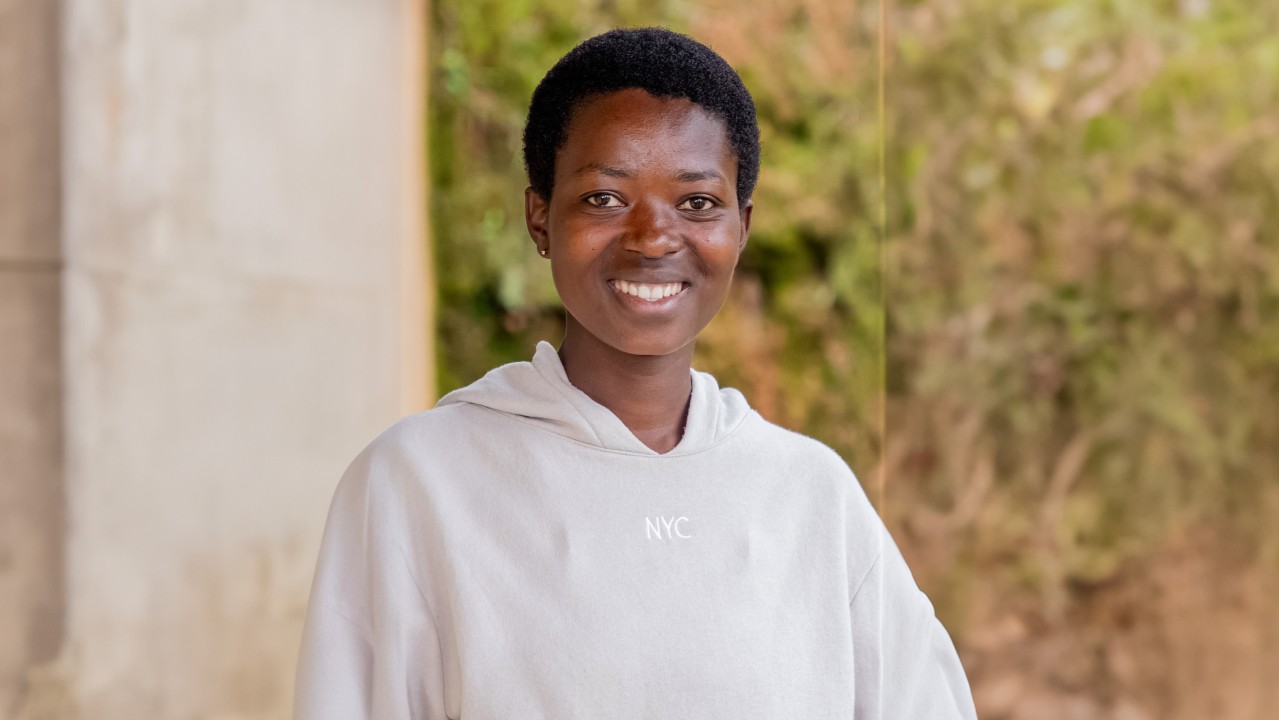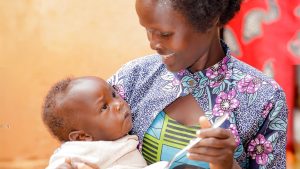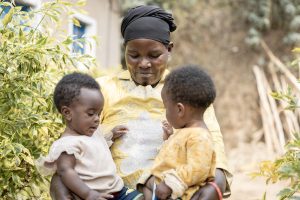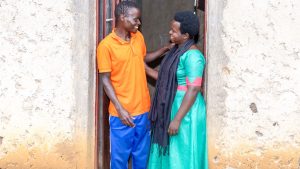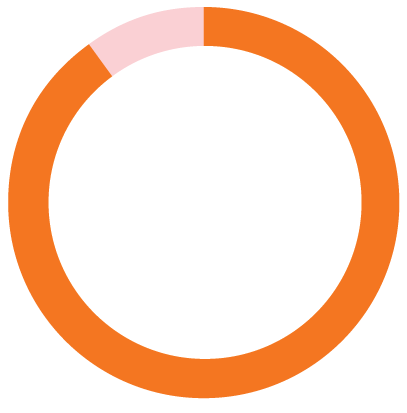Angelique Benimana, who is 19 years old lives in Tare sector of Nyamagabe district in the Southern province of Rwanda. She had just completed her senior two studies when life took its turn and she could not continue her education.
Worse still, she knew nothing about reproductive health. Conversations about it were unheard of in her home, and she had no idea how to make informed decisions about her body and future. Without education or guidance, Angelique felt vulnerable and uncertain about what lay ahead.
Then she discovered the GEWEP III project, implemented by CARE Rwanda, where she was taught all about Sexual and Reproductive Health Rights which is something she had never heard of. The training session about Sexual and Reproductive Health Rights are a component implemented by AEE, CARE Rwanda implementing partner in the GEWEP III.
“Before joining the GEWEP Project, I had no knowledge about reproductive health and all it entails. Moreso, I had very little knowledge about the female menstrual cycle which I have grown to know fully and understand now, thanks to the GEWEP Project,” says Angelique with a smile on her lips.
Later on, Angelique joined a youth group where together with her fellow youth, they get to learn about their reproductive health. Like Angelique, 35, 860 other young people (70% of them being female) have benefited from SRHR training sessions under the GEWEP III project. Angelique and her group meet every Wednesday at 2 PM and apart from learning about SRH, they use the group also as a saving group; with each member contributing 200 Rwandan Francs when they meet. Most of the time during the GEWEP III implementation, the savings component was initiated by the youth themselves as a way to gain economic independence, which helped them avoid enganging in unhealthy behaviour due to lack of adequate knowledge.
“I am very grateful for the GEWEP III Project because not only did I learn about my reproductive health rights, improved my confidence as a young woman but also had mentorship financial literacy,” says Angelique.
Angelique’s journey proves that when young women have access to the right knowledge and resources, they can empower themselves and contribute to the community’s transformation.

